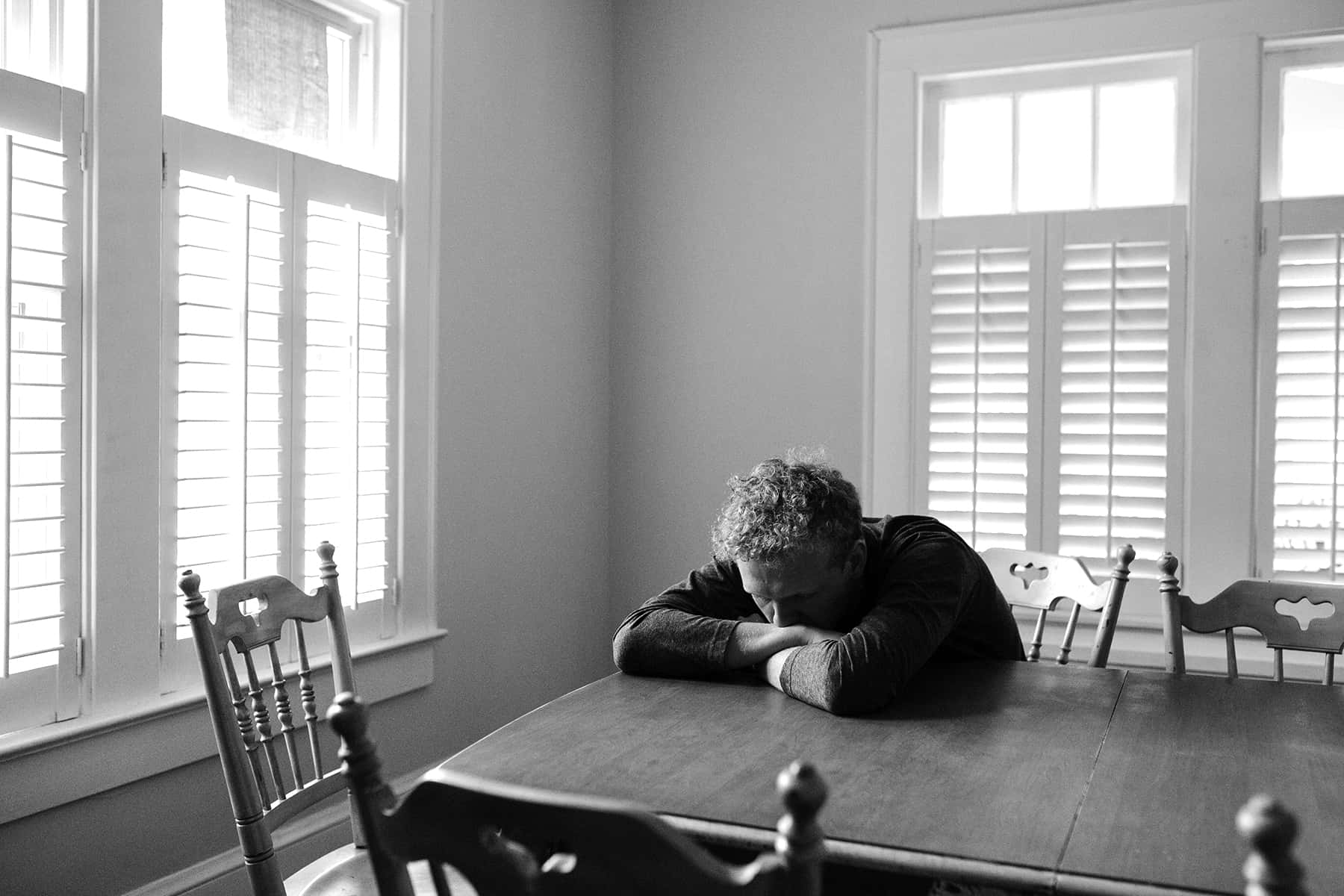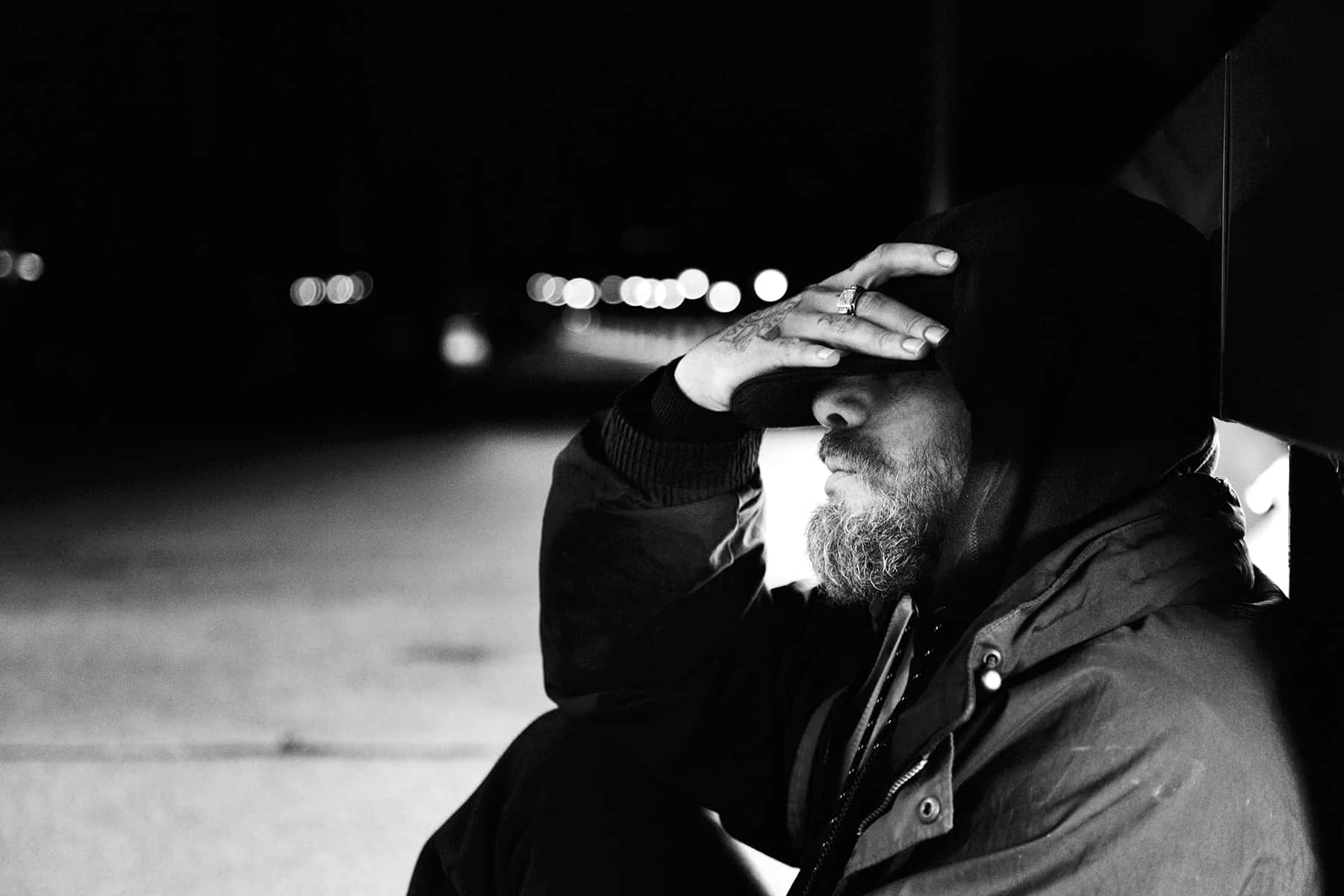
If you don’t suffer from mental illness, there’s something you need to know about those of us who do, because it may be impossible for us to tell you — and we really want to tell you.
There is a disheartening pattern that begins on many of our days. We wake up fully intending to take part in life around us: to return calls or send emails or show up for coffee or meet you for a run. We want to do these things. We’re excited by the possibilities. We’re looking forward to them as much as you are. For a moment or a few hours, our to-do list seems attainable and we feel almost normal.
The problem is, our heads soon make other plans.
As they so often do, the sadness arrives unannounced, the worry comes out of nowhere, the anxiety surprises and sucker punches us — and in a matter of seconds it hijacks our day and their agenda becomes ours.
We lose our energy and we feel ourselves sliding into the all-too familiar dark places, and it is here that an insidious cycle of shame and self-condemnation begins:
We’re too depressed to show up for you. We’re too tired or sad to return an email or attend a meeting. We hate ourselves for not being able to do something seemingly simple. We feel guilty for it. We feel stupid and weak. This exacerbates the sadness we already felt.
We feel the weight of the mounting worries about the rest of the plans we’d made and may need to break. The dominoes start falling. We feel overwhelmed. We feel defeated. It is a swift and steady spiral downward.
We put off the another email and reschedule another call and dodge another obligation and the shame accumulates, and with it does the rapidly growing list of things we’re missing and the people we let down, and the catching-up we’ll now have to do. The more of our lives we allow the sickness to rob us off, the stronger the sickness gets and the weaker we become.
We’ll often avoid you or sidestep a conversation, or we’ll simply lie in order to keep from admitting that we are not mentally well, because telling someone you’re not mentally well is still one of the most difficult tasks of all when you are unwell.
We may overcompensate or attempt to misdirect you by maintaining a social media facade of health or manage a brief, cheerful apology, because that is something we’ve become very good at. We are masters at controlled propaganda. We have become adept pretenders.
I’m telling you this because it isn’t easy for us to tell you. It is difficult to say, “I’m sorry I couldn’t make it, I felt a crushing despair that I couldn’t shake,” or “I’d have called, but I was curled up in a ball trying to find a reason to keep going.”
You probably wouldn’t judge us or ridicule us for this admission, but the voice in our heads tells us you would — because that is how it works. Mental illness is an inside job and it knows what buttons to push. It is an expert at convincing us that we deserve this isolation and have earned this lingering despair, and that if you knew who we really were, you would judge and ridicule us — so we preemptively do it for you.
Sometimes, we pull ourselves out of this temporary funk quickly: the intentional practices we’ve developed (meditation or journaling or therapy or exercise) soon help us climb out of the pit. Other times, we are inexplicably lifted by the distractions of music or art or a movie or our dogs, and as immediately as the dread arrives it departs. We resume our day and reschedule with you, and for a while we appear and feel normal.
Other times, the hours mount and the days accumulate and the pattern grows, and we can lose entire seasons to this S.O.B. — and from the outside it will just seems like we’ve dropped the ball or been rude or are disorganized.
We’re not ignoring you or flighty or lazy or irresponsible, we just can’t do what seems to be a simple thing to you (send an email, return a text, show up), because our heads have made it impossible. Our disappearance is not a choice it is a symptom.
We may cancel unexpectedly. We may not call at all. We may seem like we don’t care, but we do. That’s why this is as difficult as it is. If you don’t suffer from mental illness, it may be hard to understand those of us who do, and we get that.
Be patient. Keep inviting us. We’re trying.
John Pavlovitz
The original version of this Op Ed was published on johnpavlovitz.com
John Pavlovitz launched an online ministry to help connect people who want community, encouragement, and to grow spiritually. Individuals who want to support his work can sponsor his mission on Patreon, and help the very real pastoral missionary expand its impact in the world.















